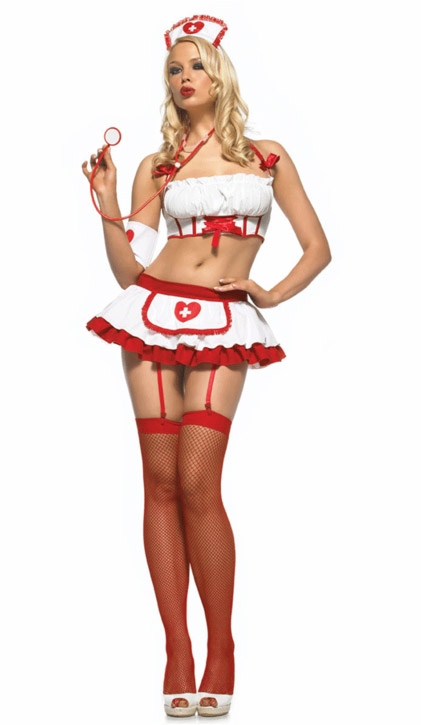This post was inspired by a brief discussion we had in class recently about our gender identity being a result of biology vs. a result of society. It was particularly interesting to me because in my Sociology of Gender class last semester we had many discussions about this very thing. The articles referenced in this post were from the sociology readings from last semester. If you'd like to look at them, or get more information about them, I'd be happy to bring them to class.
--------
There are two basic ideas about how we become who we are as a person. The first idea is that the ways we grow, act and think are biologically wired in us from birth. The second idea is that environmental factors, such as the way we were raised and whom we interact with, influence who we are as a person. There have been countless debates about which one is responsible for how we become who we are. Different fields of research and science credit different things for how we develop. My opinion is that that while both factors influence us, it is through the environmental factors and social contexts we experience that biological influences come into play. Simply put, the biological factors that differentiate males and females don’t matter unless they are considered within relevant social contexts.
Looking strictly at biology, some researchers claim that it is through biological influences, and those influences only, that we develop into who we are. Some studies suggest that it is through biology that we can explain gender, or what it means to be masculine or feminine. While taking a sociology of gender class last semester, several studies we read claimed that the masculine or feminine characteristics we have are with us from birth, and it is through prenatal exposure to certain hormones that we are particularly masculine or particularly feminine. For example, according to one of the researchers we studied in sociology (Udry), women have taken on bigger roles and gained more equality in society because of increased exposure to testosterone while in the womb (2000).
I think that while there are certain attributes that we are born with that determine our gender, it is through social forces that those attributes are developed. Biology isn't final. For instance, our social experiences can influence our gender, and can alter what predetermined gender identities we were born with. Someone born biological female can encounter numerous social influences that can alter her gender. Influences such as the way she was raised by her parents, the demographic make-up of where she lives or the friends she has can alter her gender. If she was raised in a household with a father who pushed her to disregard feminine activities, a disengaged mother, and no sisters, she might grow up with more of a masculine perspective. If she was particularly interested in sports, or if the friends she has don't like to engage in feminine activities, her own interests might not be feminine. Her competitive nature that she learned through playing sports might aid her in a professional setting, in which one day she becomes the vice president of a company. Her being more masculine was because of her social experiences, not necessarily because of increased exposure to testosterone while she was in her mother’s womb.
While biology does matter, gender is viewed as a “socially constructed institutional arrangement, with gender divisions and roles built into all major social institutions such as the economy, the family, the state, culture, religion and the law, that is, the gendered social order” (Kennelly, Merz & Lorber, 2000, p. 600). Women learn what it means to be a mother, a wife and a female professional from the social influences they encounter in their lives. What it means to be a woman, or to be feminine, is constantly changing, as society is constantly redefining certain roles, expectations and characteristics (Risman, 2000). Therefore it is through these social changes that the definition of a woman transforms, not just because of fluctuating hormone levels (Risman, 2000).
There is no question that biology does affect us. When we are born, we have certain chemicals in our bodies, and certain physical attributes, that designate us as male or female. However, it is through social contexts that we develop and ‘play out’ our gender, so to speak. Our biological make-up means nothing without understanding the social situation or influences that surround it. I fully support this idea, and have experienced this both with the people I interact with, as well as myself. Your DNA only goes so far without also considering the social constructs in which you live.












